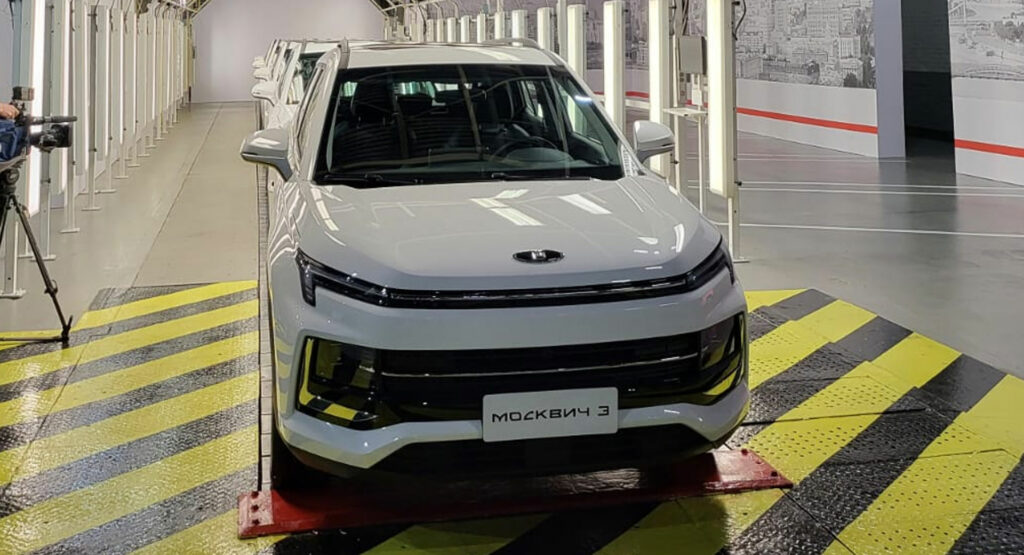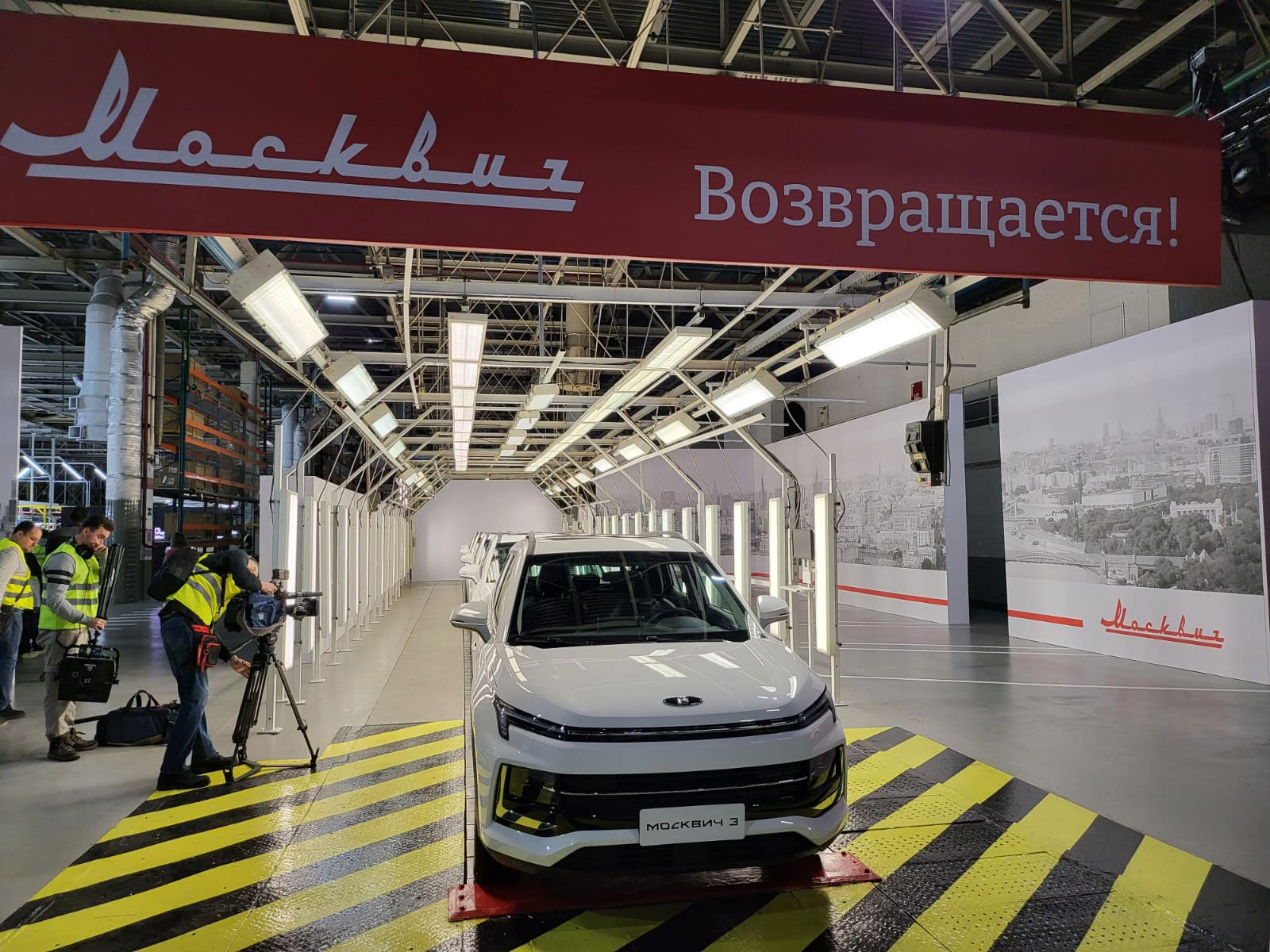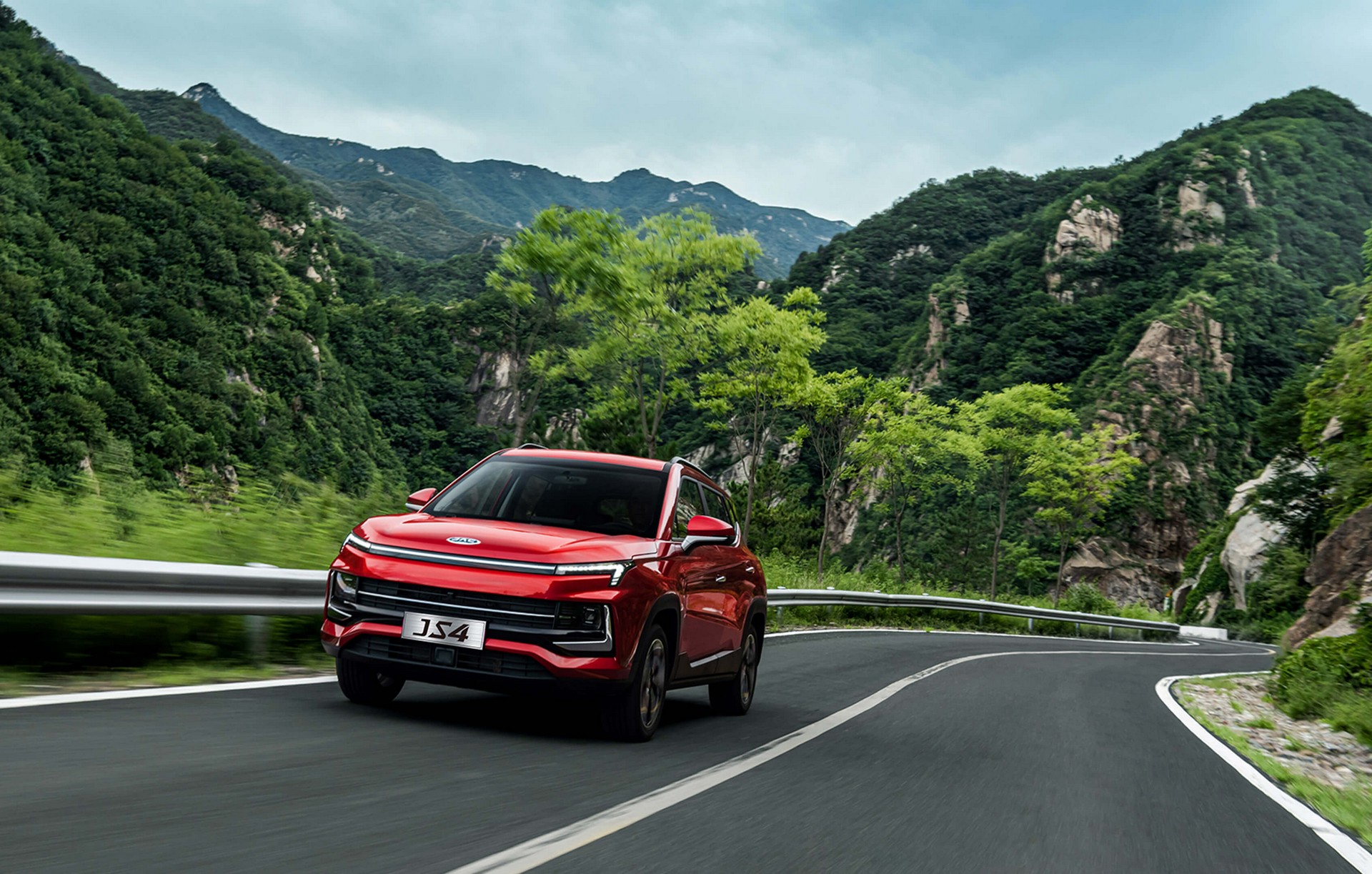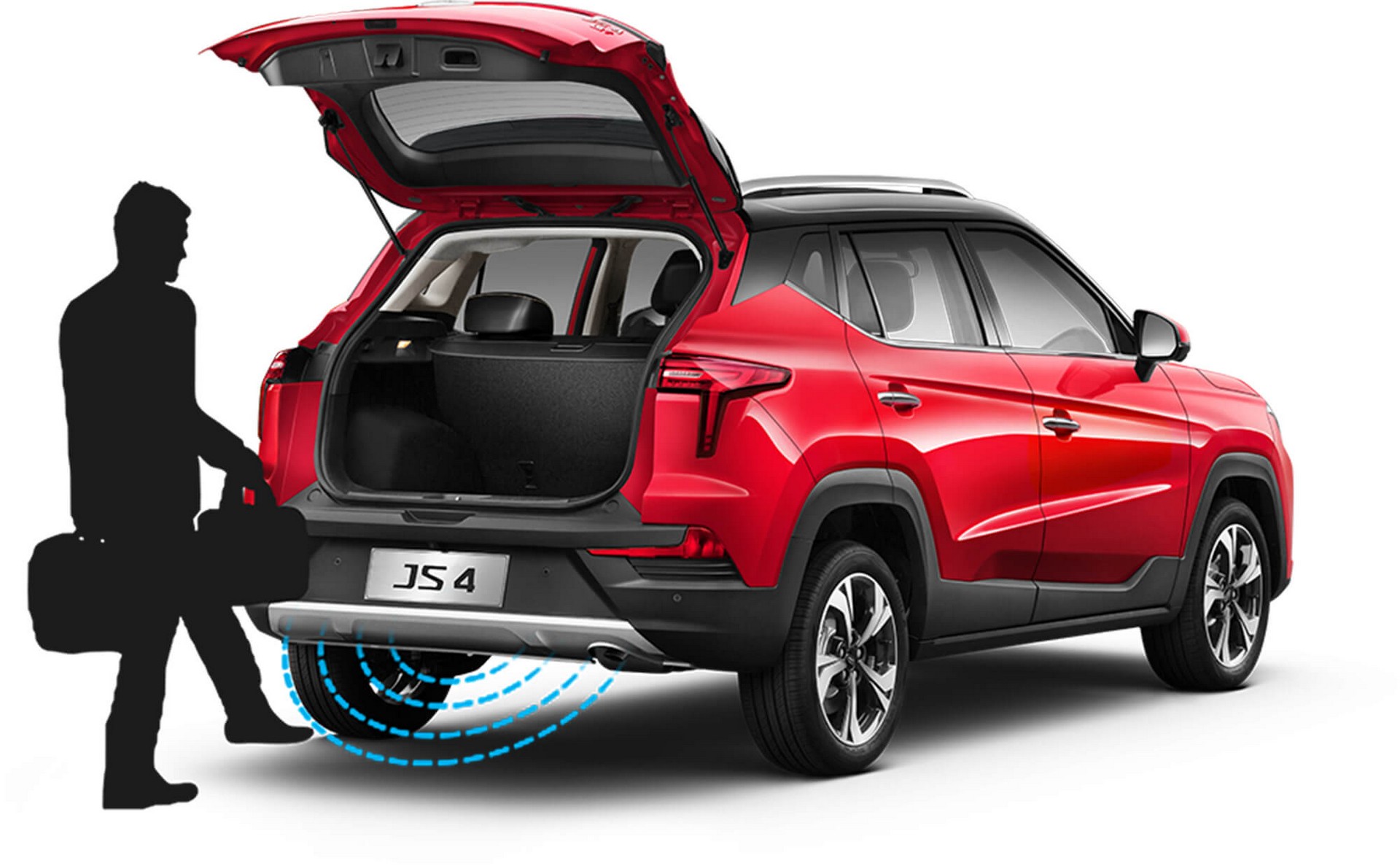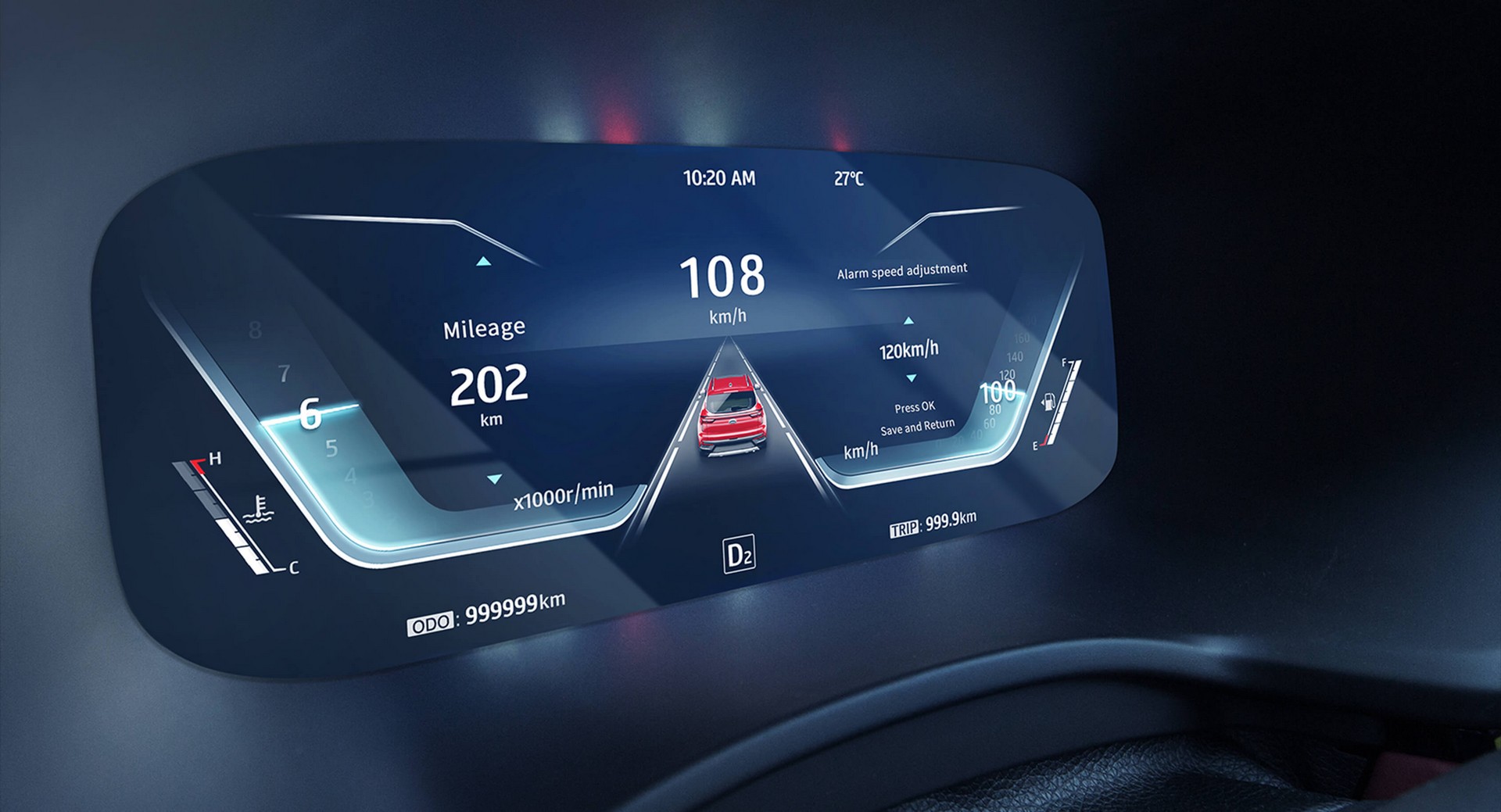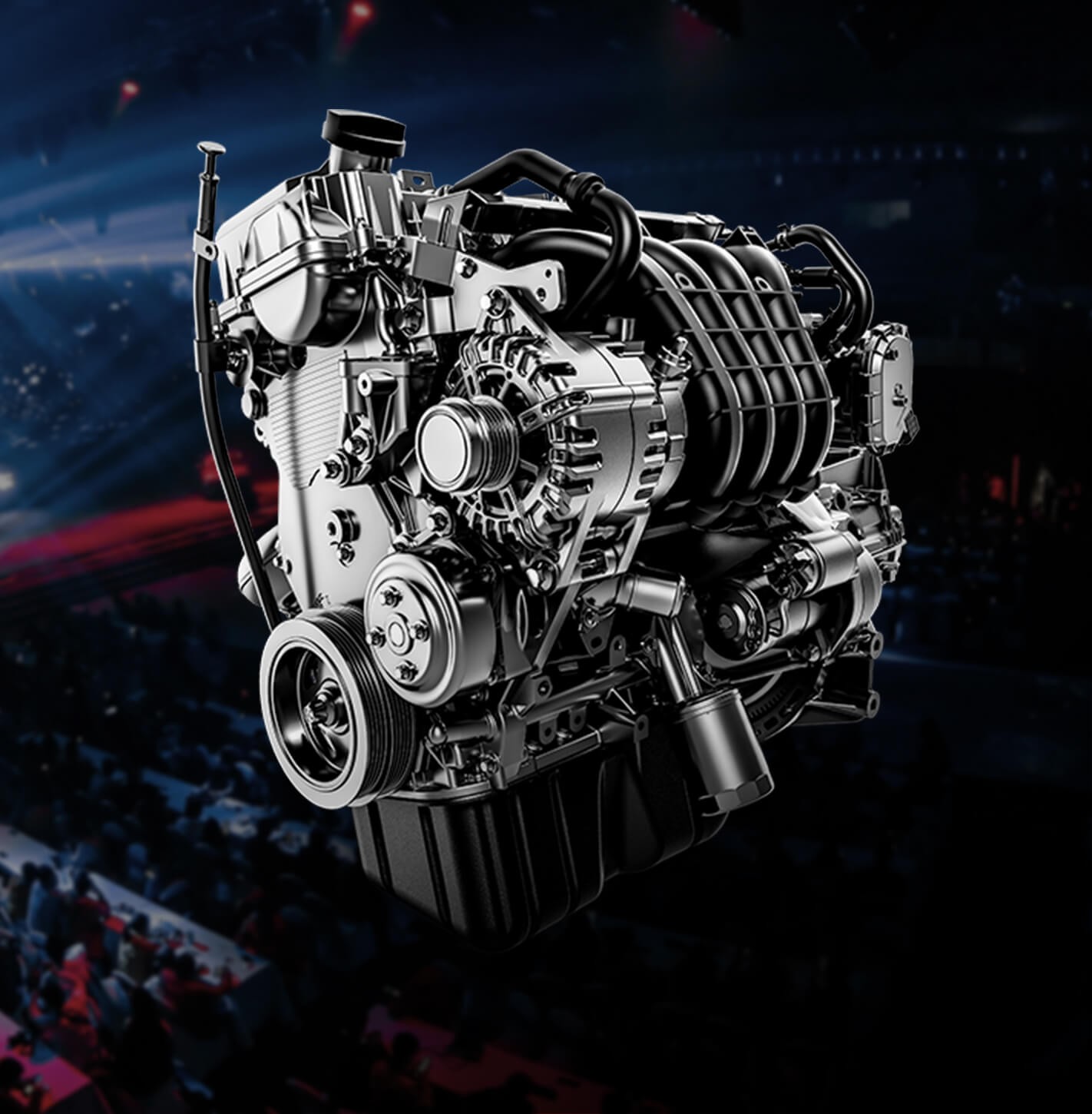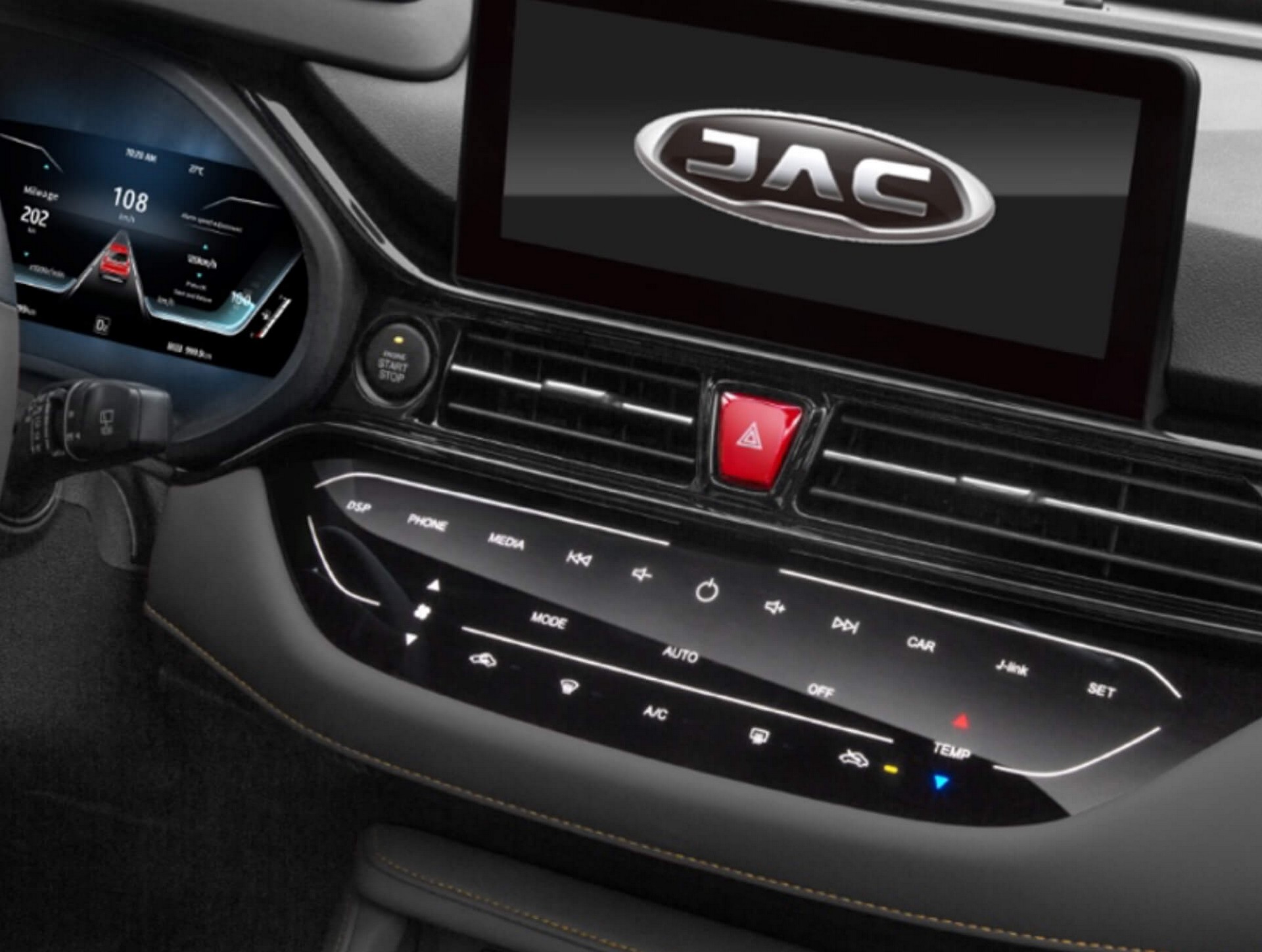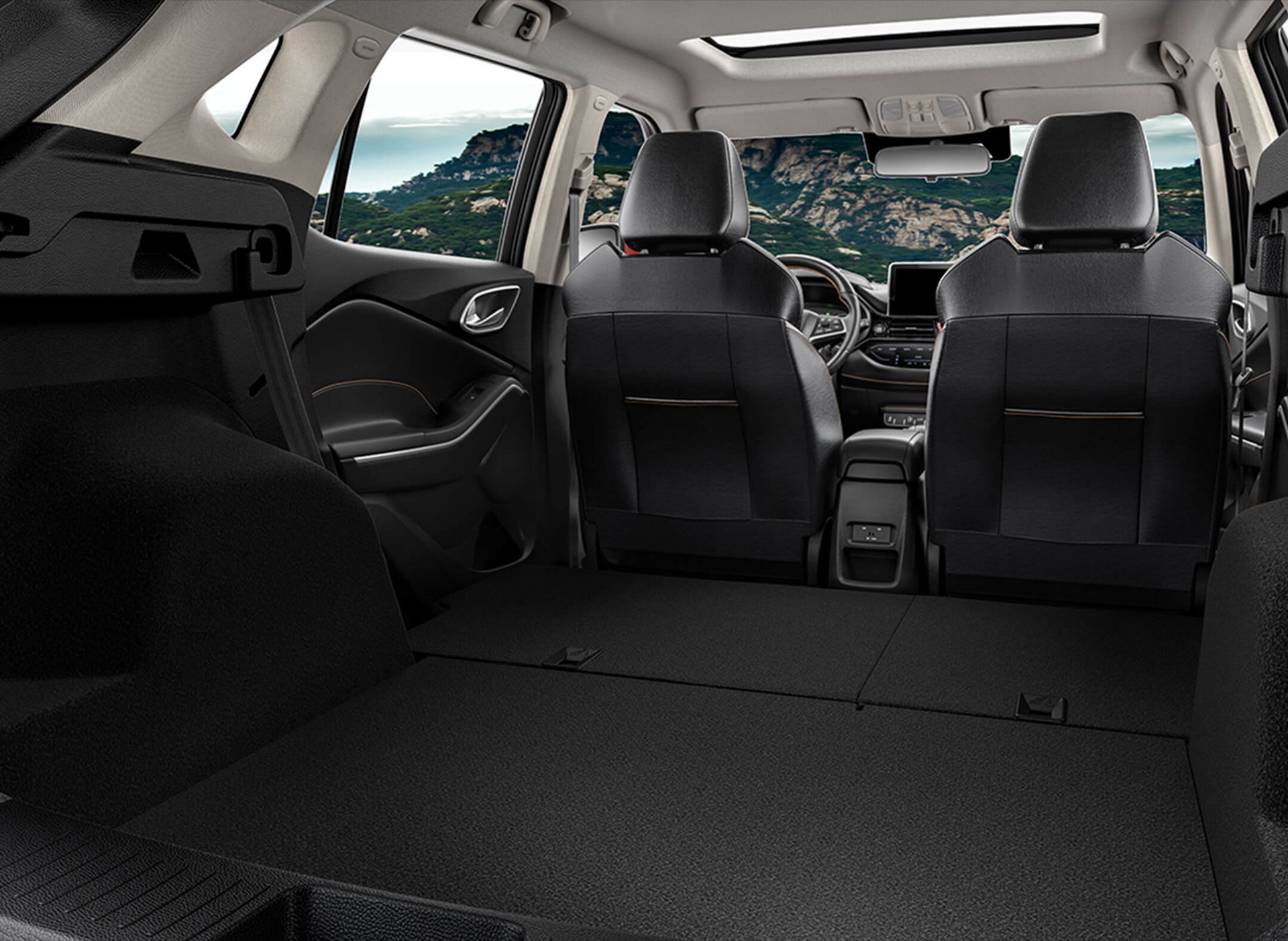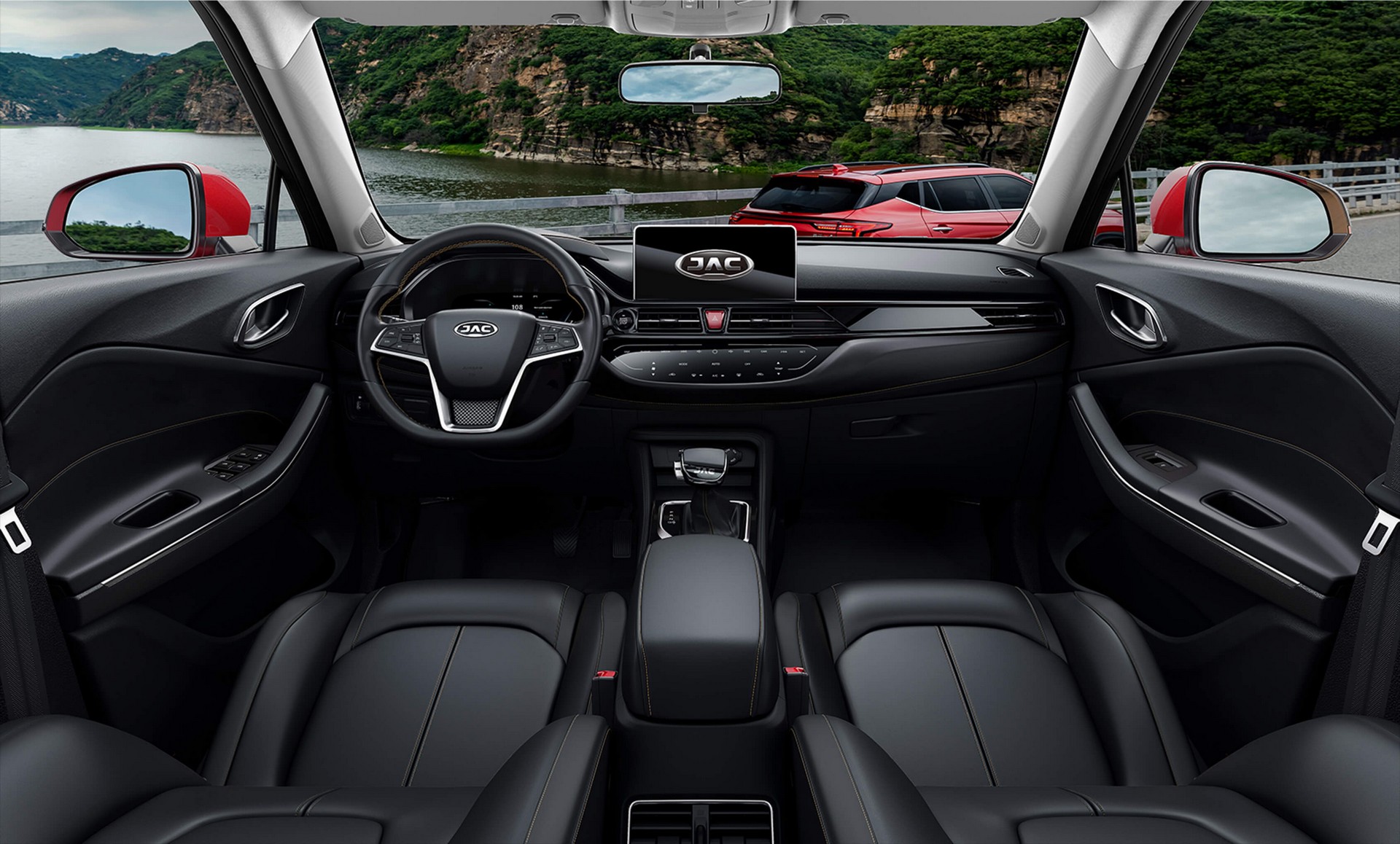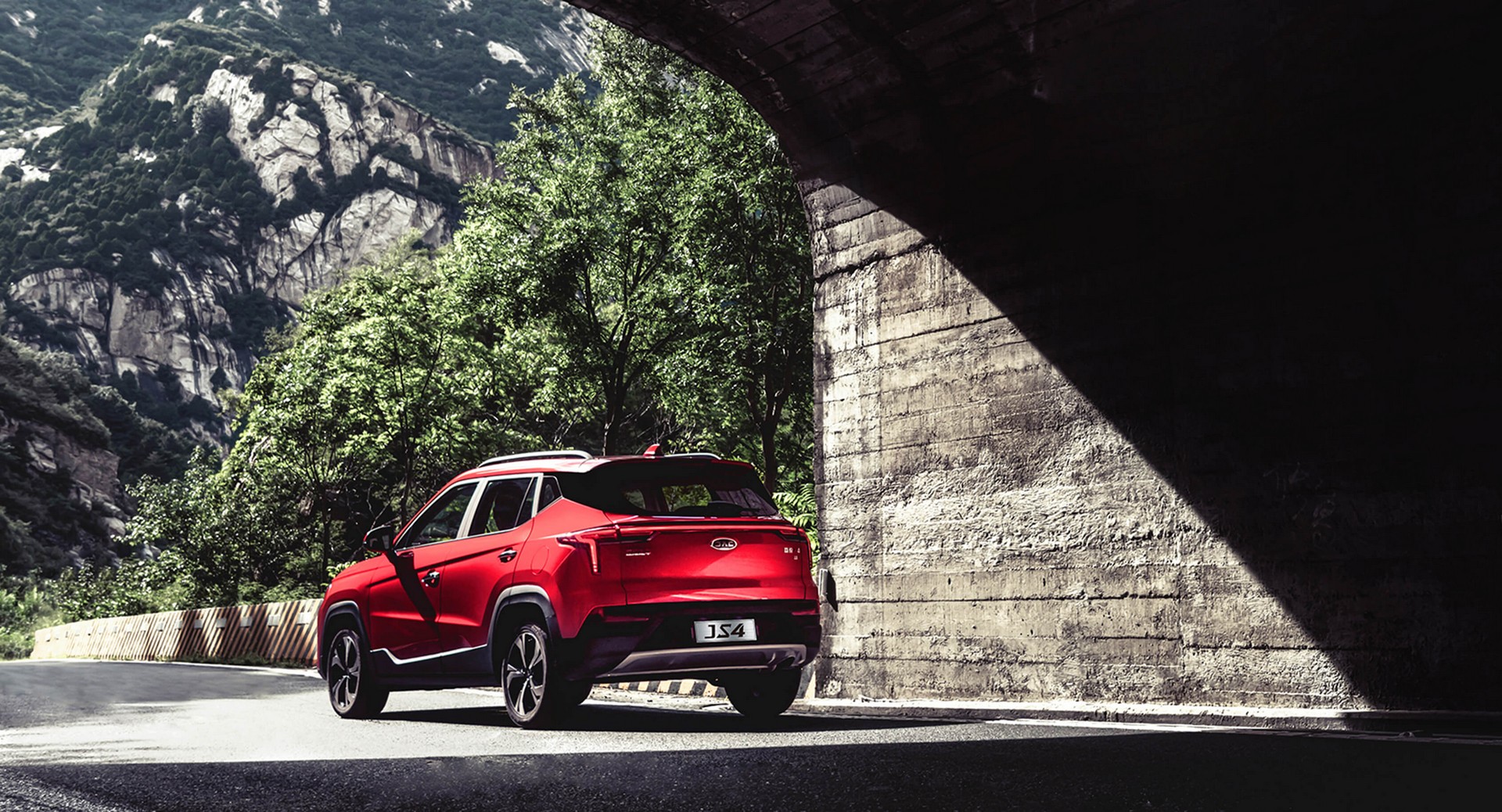Western automakers bailed on Russia following the country’s invasion of Ukraine and that has left domestic companies struggling to fill the void.
The latest is KAMAZ, which has resurrected the Moskvich brand and introduced the all-new Moskvich 3. The model is currently being built at a former Renault plant, which has been renamed Moscow Automobile Plant Moskvich.
Sales are slated to begin next month and the company aims to assemble 600 units by the end of the year. 400 of them are slated to be powered by internal combustion engines, while the remaining 200 crossovers will be fully electric.
Also: See You Lada, Renault Sells Off Russian Assets As War In Ukraine Continues
Moskvich 3 top, JAC JS4 bottom
KAMAZ’s press release was light on specifics, but Reuters is reporting China’s JAC is supporting the effort. That makes sense as the Moskvich 3 appears to be a rebadged version of the JAC JS4.
As a result, the ICE-powered Moskvich 3 could be equipped with 1.5- and 1.6-liter engines producing up to 148 hp (110 kW / 150 PS) and 155 lb-ft (210 Nm) of torque. We also wouldn’t be surprised to find a 10.25-inch digital instrument cluster and a matching 10.25-inch infotainment system.
Moskvich 3 crossovers will be made in Russia using the semi-knocked down process, which leaves them reliant on their Chinese partners. However, KAMAZ said they’ll gradually increase parts localization and adopt some “completely Russian components” starting in 2024.
Eventually, the goal is to have Moskvich produce a “Russian electric car from … Russian components on its own universal platform.” This model will apparently use an electric motor and battery pack created in Russia.
In the meantime, KAMAZ plans to rapidly increase production as they’re aiming to assemble at least 50,000 vehicles in 2023 and at least 100,000 in 2024. In a statement, KAMAZ Director General Sergey Kogogin said, “We are pleased that the developments of KAMAZ will serve the further development of the Russian automotive industry, in accordance with the global trend for high-tech and environmentally friendly vehicles.”




